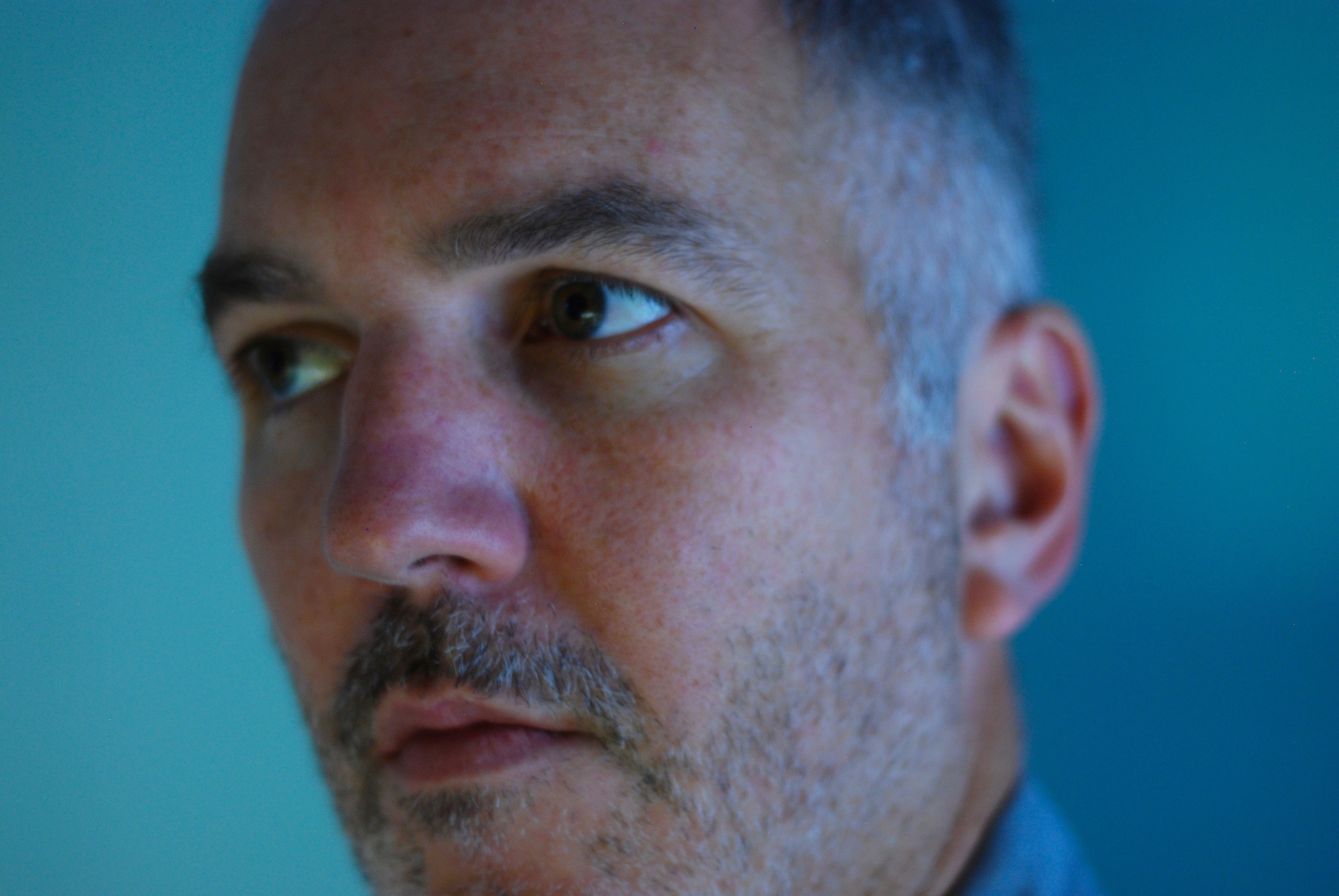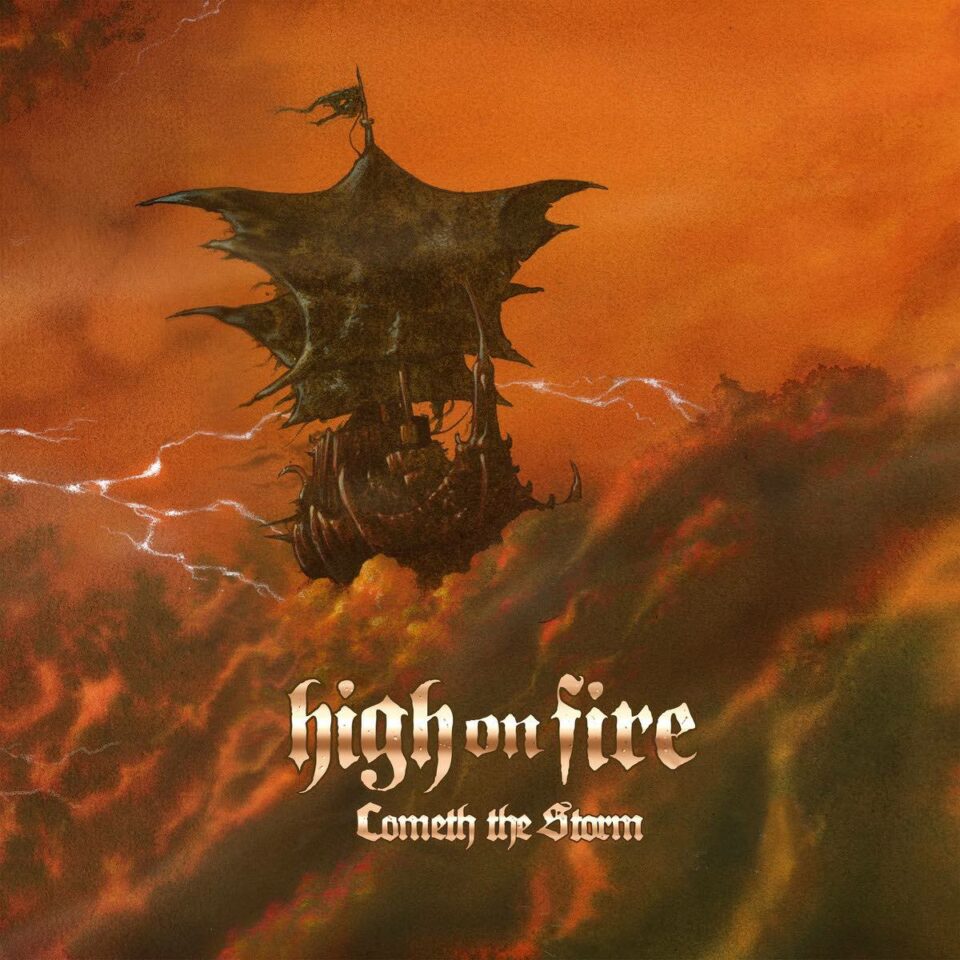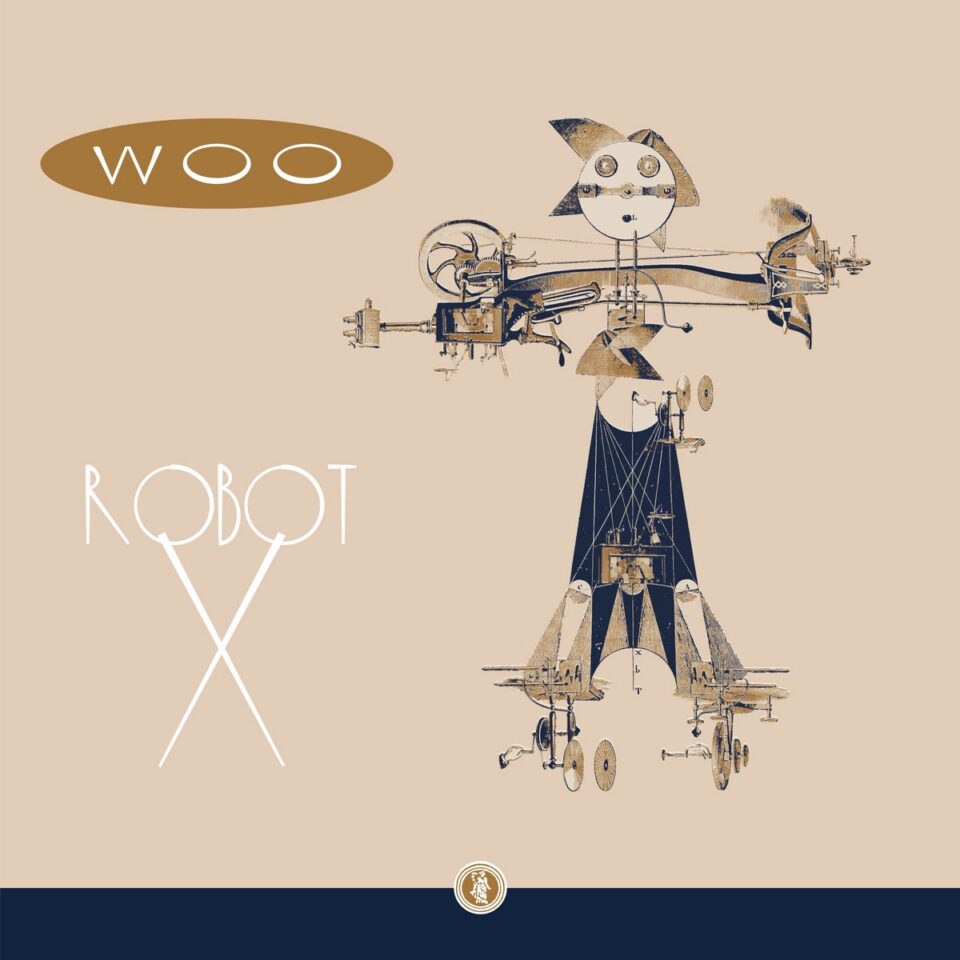The more we learn about the latest LP from Walter Martin—who you may know from his place behind the piano with The Walkmen, and Jonathan Fire*Eater, before them—the more interesting it sounds. Following a boisterous soundtrack to the waning summer, and a somnambulant elegy for the late JF*E frontman Stewart Lupton, Martin is giving us two new samples of what The World at Night has in store: a ballad written from the perspective of his great-father-in-law called “The Soldier” and a distinctly playful love song called “That’s All I Need.”
The two tracks precede the January 31 release of his fourth solo LP and can be streamed below, along with a Q&A diving into the influence of Lupton on Martin’s career and impressionist piano, as well as an appreciation for 6/8 time signatures.
There’s a sense of anachronism in your work with The Walkmen and your prior solo music—did it feel more natural to write this album commemorating the past, particularly this song about your great-father-in-law?
[“The Soldier”] definitely looks back, but it’s also about the present. I wanted to put forward the long story of a life well-lived and my impression of what it might feel like to look back on such a life from present-day. There’s a lot of stuff jammed into this song: war, family tragedy, faith, hope, love. I guess I’m really looking at what it all adds up to. To me, the life that the hero is living in this story is a thing of the utmost beauty—and something I’m in awe of. He happens to be my father-in law so I’ve been able to see it up close. It’s funny, he lives upstate these days, and my wife and girls and I are temporarily living in his boyhood home on Staten Island—so I’m presently very surrounded by his life.
Was it any different writing this album with Stewart in mind than it was writing material as The Walkmen, where you were trying to differentiate yourselves from Jonathan Fire*Eater?
Yeah, Stew was very much on my mind when I wrote this album. So there’s sadness in the album for sure. And a desire to communicate with things that aren’t there. And there’s also the thing where you want to make something especially great because you want someone who’s not around anymore to approve of it. Stew was very supportive of my work and he always listened carefully to my albums and gave thoughtful analysis. He was a great artistic companion (and the best writer I’ve ever known) so his approval meant a lot to me—as a friend and as a writer.
Up until writing The World at Night, how do you think Stewart influenced your music?
I think Stew has influenced me artistically a ton mainly because we grew up together and became musicians together and sort of built our artistic philosophy together. I think more than anything he inspires risk-taking in my work and a certain defiance and a resistance to doing things the normal way. Taking a step back, I think that’s probably why I’m drawn to things like making weird kids records or making albums about art history. Or writing a fourteen-verse song about my father-in-law. Or singing unironically about butterflies. It might not make sense to other people, but in my mind those are acts of defiance.
The title track sounds like it fits on the first Walkmen album—what informed that lethargic sound?
I’d been listening to a ton of impressionist and romantic piano music like Debussy and Ravel and Schubert and I just wanted something that felt like that. My piano playing is somewhat primitive so the song is a ham-fisted attempt at that vibe. The whole song was just going to be solo instrumental piano music, but then I had the idea to attach words to the piano melody and it suddenly came together and I was like, “Holy shit, I love this.” We recorded everything live, basically, and I love the loose, improvised feel of the horns and strings. It’s funny to me when people think something I’ve done sounds Walkmen-y. I think of my solo stuff as being the opposite of The Walkmen, actually. But, yes, I’m sure there are sonic similarities sometimes. I think we Walkmen guys all share an unshakable love of reverb and old acoustic instruments and a nice piano melody.
How does an upbeat/romantic song like “That’s All I Need” fit onto an album about loss and uncertainty?
I guess I just wanted a moment of pure joy on the album. I think it adds depth to the whole album story to have this burst of humor and celebration. In my mind it’s more about familial love and not really romantic love—more like about a longing to be loved and to be with the people you love. When we Walkmen were writing our album You & Me I got really into the 6/8 time signature and ways to disguise it or make it feel unfamiliar. So this song is my latest entry for that little rhythmic game I’ve had with myself for many years.









